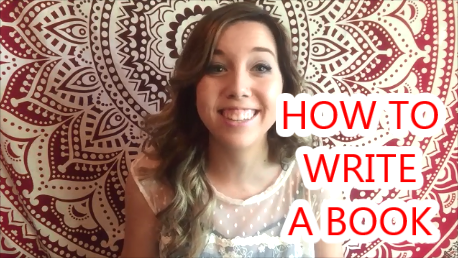So, you’ve written a book. But not just any book. This is the book, as in, the most-awesome-book-ever-in-the-whole-world-oh-my-gosh-it’s-that-good book. It’s perfect just as it is, and surely, surely it must be published this instant for the world to see and enjoy and praise. Second drafts? No need. Editing? Who needs that when you have natural talent? Research? Totally unnecessary. Your book is so good, you don’t need to know how the industry works. The work will speak for itself.
…so then why isn’t it getting published?
1. You call it a fiction novel
Hold onto your hats, kids. I’m about to blow your minds. ‘Fiction’ and ‘novel’ are the same thing. Saying “fiction novel” does not make you sound fancy or sophisticated. People will not be impressed and ooed or awed. They will roll their eyes and toss your work aside without a second thought.
2. You’re going to be the next J.K. Rowling or Stephen King; therefore, your novel must be at least 800 pages.
“Does anything happen in these 800 pages?”
“Yes! Lots of things happen! Hundreds of things!”
“Do those ‘hundreds of things’ work together?”
“….are they supposed to?”
3. Half way through your story you worry readers may get bored, so a horde of demons randomly attack your hero, because kids like demons now-a-days, right? Maybe throw in some vampires. Those are popular.
4. It’s riddled with metaphors and similes because you think it makes you sound deep and profound.
Such as: She had a deep, throaty, genuine laugh, like that sound a dog makes just before it throws up.
Or: Alice and Alex had never met. They were like two hummingbirds who had also never met.
Or even better: Her eyes were like two brown circles with big black dots in the center.
Or my favorite: It hurt the way your tongue hurts after you accidentally staple it to the wall.
Or perhaps the best: Her face was a perfect oval, like a circle that had its two sides gently compressed by a Thigh Master.
5. Your main character is the perfect version of you living out your fantasies. This 1) makes your character completely unrealistic 2) boring 3) most of the time unlikable and 4) there is no point to your plot except that the guy gets the girl/money/fame/whatever this weird version of you desires, and guess what, no one wants to read that except the person who wrote it.
More hilariously bad similes for your enjoyment here. 🙂
Write on, friends. 😉
If you have any more new writer mistakes, please do share them in the comments. I’d love to hear your thoughts!



